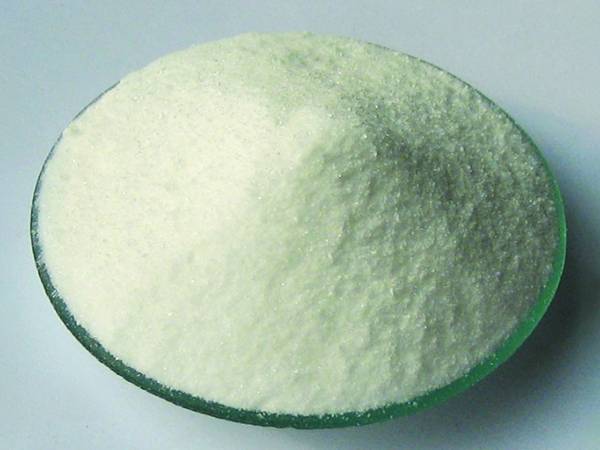



caustic soda used in water treatment
The Role of Caustic Soda in Water Treatment
Water treatment is an essential process to ensure that water is safe for consumption and environmental discharge. Among the various chemicals used in this industry, caustic soda, or sodium hydroxide (NaOH), plays a pivotal role in enhancing water quality. This article explores how caustic soda is utilized in water treatment, its benefits, and safety considerations.
What is Caustic Soda?
Caustic soda is a highly alkaline, corrosive substance commonly produced by the electrolysis of sodium chloride. Due to its strong alkalinity, it is widely used in various applications, including paper production, soap making, and most notably, water treatment. When dissolved in water, caustic soda dissociates into sodium ions and hydroxide ions, significantly raising the pH of water.
Applications in Water Treatment
1. pH Adjustment One of the primary applications of caustic soda in water treatment is pH adjustment. Many municipal and industrial wastewater treatment facilities use it to control acidity levels. Raw water can often be acidic, leading to corrosion in pipelines and equipment. By adding caustic soda, operators can increase the pH level, making the water less corrosive and more suitable for further treatment processes.
2. Coagulation and Flocculation Caustic soda enhances coagulation and flocculation processes. Coagulation involves the destabilization of suspended particles in water, allowing them to clump together. When used alongside coagulants like alum, caustic soda can improve the effectiveness of these chemicals, leading to the formation of larger flocs that are easier to remove during filtration.
3. Softening Hard Water Water hardness is primarily due to the presence of calcium and magnesium ions. Caustic soda is effective in softening water by precipitating these ions. The reaction between sodium hydroxide and hardness ions results in insoluble compounds that can be filtered out, thereby reducing water hardness and making it more suitable for industrial processes and domestic use.
4. Bio-Solids Management In wastewater treatment plants, the treatment of bio-solids is crucial. Caustic soda can be used to stabilize these organic materials, making them less odorous and easier to manage. This stabilization process helps in the safe disposal or reuse of bio-solids.
5. Disinfection While not a primary disinfectant like chlorine, caustic soda plays a secondary role in water disinfection by affecting the overall chemistry of the water. Adjusting the pH can enhance the effectiveness of other disinfectants, ensuring that pathogens are adequately removed from the water supply.
caustic soda used in water treatment

Benefits of Caustic Soda in Water Treatment
The use of caustic soda in water treatment comes with several advantages
- Cost-Effectiveness Caustic soda is generally less expensive compared to other alkaline chemicals used for pH adjustment and water softening, making it an economical option for water treatment facilities.
- Improved Water Quality By effectively managing pH levels and enhancing coagulation, caustic soda contributes significantly to producing cleaner, safer water for consumption and environmental discharge.
- Versatility Its multifaceted applications make caustic soda a versatile chemical in the water treatment process, catering to various needs from pH control to bio-solids management.
Safety Considerations
Despite its numerous benefits, handling caustic soda requires caution. It is a highly corrosive substance that can cause severe burns and irritation if it comes into contact with skin or eyes. Appropriate safety measures, including personal protective equipment (PPE) such as gloves, goggles, and face shields, should be implemented during its handling and application.
Conclusion
Caustic soda is an indispensable component of the water treatment process. Its ability to adjust pH, facilitate coagulation, soften water, manage bio-solids, and support disinfection makes it a key player in producing high-quality water. While safety precautions must be taken due to its corrosive nature, the overall benefits it provides in water treatment far outweigh the risks when managed properly. As industries and municipalities seek efficient and effective ways to ensure clean water, caustic soda will continue to be a fundamental part of water treatment practices.
-
Why Sodium Persulfate Is Everywhere NowNewsJul.07,2025
-
Why Polyacrylamide Is in High DemandNewsJul.07,2025
-
Understanding Paint Chemicals and Their ApplicationsNewsJul.07,2025
-
Smart Use Of Mining ChemicalsNewsJul.07,2025
-
Practical Uses of Potassium MonopersulfateNewsJul.07,2025
-
Agrochemicals In Real FarmingNewsJul.07,2025
-
Sodium Chlorite Hot UsesNewsJul.01,2025










